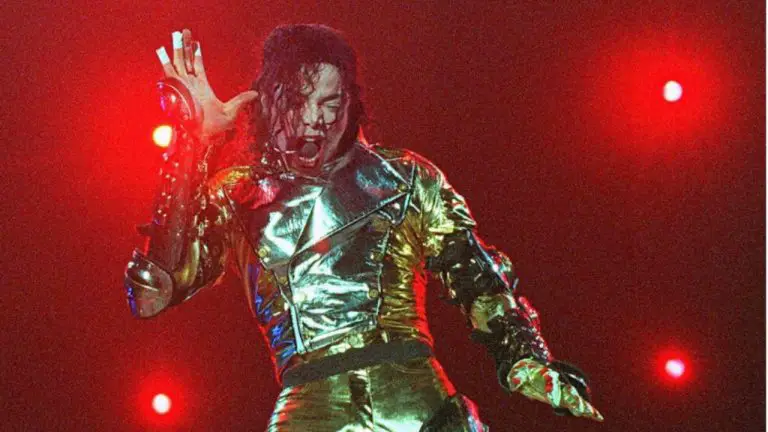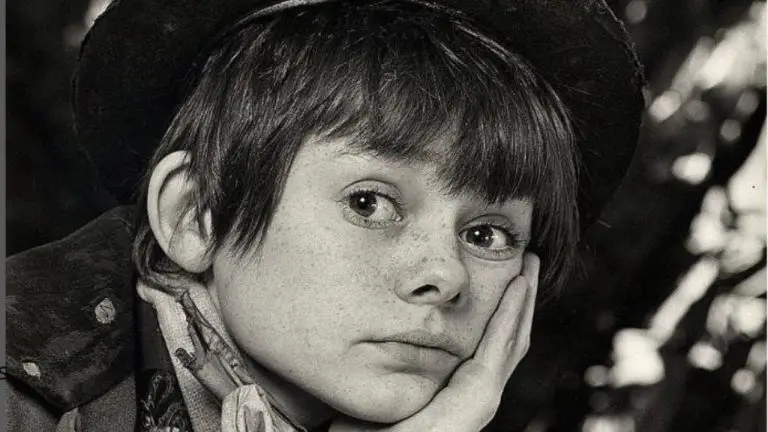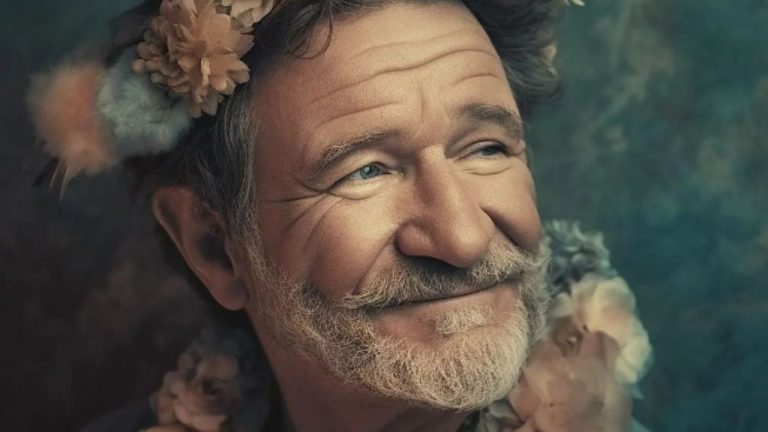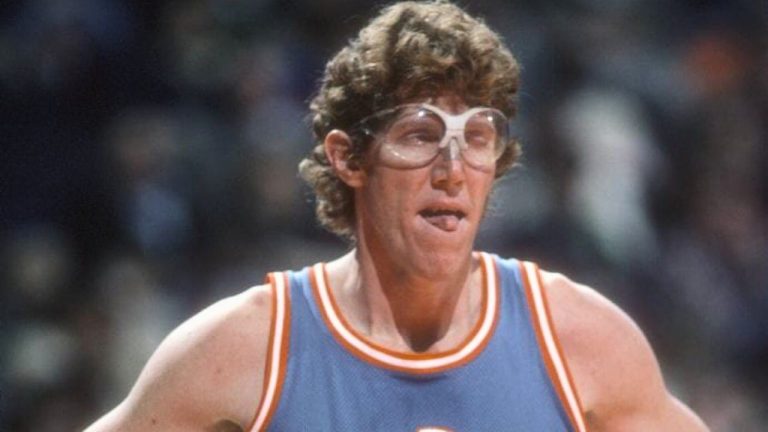Dennis Hopper: The Rebel Who Redefined Cinema

Dennis Hopper: The Hollywood Maverick Who Changed Cinema Forever
On May 29, 2010, the world said goodbye to one of Hollywood’s boldest outlaws, Dennis Hopper. The renowned actor and filmmaker, 74, lost his fight with prostate cancer seven months ago and died quietly at home in Venice, California. Although Hopper’s passing signaled the end of an era, his enormous influence on film is still felt today.
Dennis Hopper life path took him from the dusty plains of America’s heartland to the sun-filled streets of Hollywood. He was born in Dodge City, Kansas, in 1936. His early years were characterized by a deep love of cinema, a passion that would serve as a compass throughout a career marked by both catastrophic low points and incredible highs. “The first light I saw was not from the sun, but from the light of a movie projector,” as Hopper renownedly remarked. Throughout his life, the symbolic light would act as a beacon and guide him to incredible accomplishments in the film industry.
From Rebel to Icon: The Formative Years of Hopper
Starring with Hollywood icons like James Dean in Rebel Without a Cause (1955) and Elizabeth Taylor in Giant (1956), Hopper’s career got off to a great start. These supporting parts announced the emergence of a star who was ready to upend the status quo in cinema and more than just a performer.
Dennis Hopper working relationship with Dean on Rebel Without a Cause would influence his perspective on acting and filmmaking. He frequently referred to Dean as his guru, appreciating the actor’s intense dedication to his work—an intensity that Hopper would eventually translate into his own performances. These formative years made Hopper a reputation as an actor who would forge his own path through grit, defiance, and creative vision rather than following the herd.
An Innovative Perspective: Easy Rider and the Origins of Independent Cinema
The release of Easy Rider in 1969 marked a turning point in Dennis Hopper career and cemented his place in Hollywood history for all time. Hopper co-starred and directed this low-budget movie with fellow actor Peter Fonda, which went on to become an anthem for a generation. Easy Rider was a cultural landmark that perfectly captured the spirit of counterculture, freedom, and rebellion in the 1960s. It was more than just a movie about two bikers traveling across the wide landscapes of America.
Dennis Hopper audacious directing decisions, in addition to the film’s grittier reality and legendary soundtrack with performances by Jimi Hendrix and Steppenwolf, were what really cemented Easy Rider’s success. He immersed viewers in the core of America’s socioeconomic division by rejecting the polished, studio-driven tales of the day and embracing a rawness that was almost documentary-like. Like its subject, Hopper was an unabashedly rebellious filmmaker.
Because of the movie’s popularity, Hopper was nominated for an Academy Award for Best Original Screenplay, which is quite an accomplishment considering the movie’s low budget. More significantly, Easy Rider revolutionized independent filmmaking and provided opportunities for a new generation of filmmakers seeking artistic independence beyond the confines of the Hollywood system in the 1970s. Hopper was more than simply an actor anymore; he was also a visionary and revolutionary director who had laid the groundwork for the independent film movement.
The Crash: The Final Film and Inner Demons
But just as quickly as Dennis Hopper rise had been, so too was his fall. Following the triumph of Easy Rider, Hopper went on to direct The Last Movie (1971), which was intended to be his next great work. Hollywood was full of expectations and was throwing money and support to what they thought would be another hit song. Rather, the movie was a commercial and critical bust. Throughout the film’s production, Hopper battled addiction, and his troubles dominated him. His personal stress was reflected in the film’s disorganized editing.
However, Hopper accepted the setback with a kind of stubborn pride, as is customary for him. Despite its failure, The Last Movie is nevertheless regarded as a cult masterpiece because of its daring and avant-garde style. Hopper’s career was never going to be easy; it was always going to have highs and lows, but it was precisely this unpredictable nature that made him unique as an artist. “It’s too easy to justify using drugs and drinking because you’re an artist,” Hopper subsequently observed. I can’t accept that justification.”
Repurposing and Atonement
Dennis Hopper career shown remarkable resilience. He spent years in Hollywood’s wilderness before making a dramatic comeback with roles in the films Hoosiers (1986), Blue Velvet (1986), and Apocalypse Now (1979). The insane photojournalist in Coppola’s war epic, the twisted antagonist in David Lynch’s psychological thriller, and the tough basketball coach in Hoosiers—which led to another Academy Award nomination for Best Supporting Actor—all exhibited distinct facets of Hopper’s talent.
Although Hopper’s cinematic career experienced a rebirth, he was more than just an actor. He painted, took pictures, and was an artist. Even more important to him than his ties in Hollywood were his associations with notable figures in the art world, including Andy Warhol, Jasper Johns, and Roy Lichtenstein. Whether it was his latter paintings or his photographs capturing the volatile 1960s, Hopper’s work provided an insight into the psyche of a man who was both a participant and an observer of culture.
A Durable Heritage
The life and work of Dennis Hopper serve as a tribute to the spirit of defiance, tenacity, and reinvention. He was an artist who experienced life according to his own terms, not just an actor or director. The arcs of the characters that Hopper represented on cinema are reflected in his path from the golden boy of Hollywood to a fallen star and finally to a legend. He was a perfect example of the imperfect yet passionate and creative human spirit.
It’s evident that Dennis Hopper influence extends beyond a single performance, movie, or even media as we honor him. His body of work includes photography, painting, and filmmaking. Filmmakers and artists alike are still influenced by the pioneering, rebellious, and artistic work of Hopper.
Follow us on Instagram and X (Formerly Twitter)
For the latest posts visit The Celebrity Gossips






